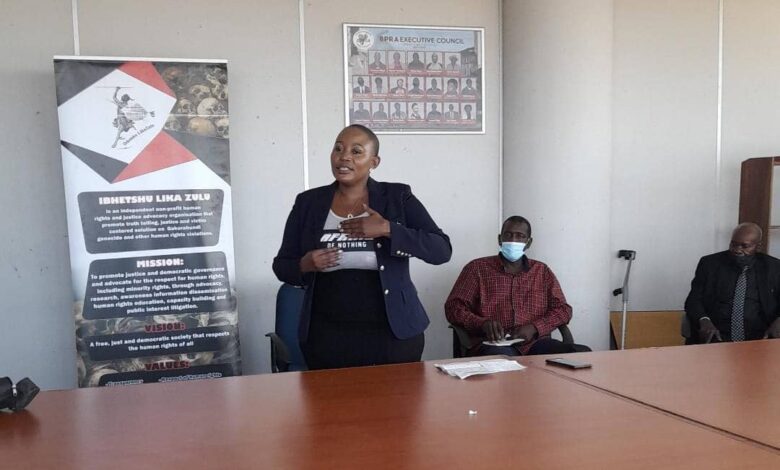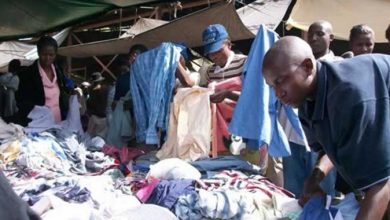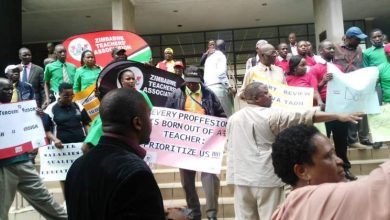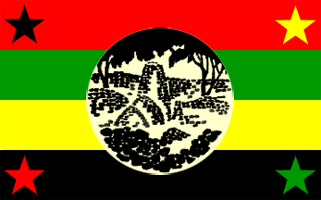‘Gukurahundi cannot be solved without truth telling’

Human rights defender Thandekile Moyo accused the government of failing to put genuine efforts in resolving Gukurahundi to ensure that justice is served.
Speaking at the Njini Ntutha Memorial Lecture hosted by Ibhetshu LikaZulu, Saturday, Moyo, said there can never be healing if there is no truth telling and justice.
Ntutha was a member of PF-Zapu’s central committee and was one of the party’s key negotiators at the Lancaster House conference before independence.
Ntuta died on 25 November 1984.
The Lecture was held under the theme “Can there be healing without truth telling and justice?”
Moyo said for justice on Gukurahundi to be attained, the perpetrators must be given the platform to say their side of the story.
“It is impossible to neither accept reality nor move on with life when you have no idea where your loved ones are or what happened to them, why they were subjected to what happened to them. Healing is a process so if it is not properly pursued it can never be assigned,” said Moyo.
“It is not fair for government officials to just announce that there is going to be justice served to Gukurahundi victims because they do not understand how the massacres affected the Matabeleland communities.”
Moyo reiterated that there is need to serve justice the right way, according to the provisions of international law and the provisions of the Constitution.
“The effects of the massacres are still being felt. Generations do not have birth certificates, death certificates were not acquired for the deceased. The government keeps using such terms as “post-conflict period”-Gukurahundi was no conflict! It was crime perpetuated against humanity. We can’t take it lightly,” she said.
“Peace is not an instruction that can just be given to people to follow. The government right now is forcing people to “heal” but that’s not how things work. Healing is a process. There can’t be peace if there is no truth telling, if there is no healing.”
Moyo highlighted that for peace, justice and healing to be attained, the perpetrator and the victim need to have a dialogue, compare their statements and giving each other honest responses.
“The perpetrators must sit down with the victim, talk about the killings. The truth can only be ascertained if both parties’ narration of events are in sync. They must give reasons why they allege that the victims were dissidents. The fact that they are not willing to do that shows that there is no justification for what they did,” Moyo said.
“Once such dialogues are openly held, then the healing and reconciliation process can then begin. Not the approach being currently used where victims just wake up in the morning being told whether to talk or not to talk about Gukurahundi depending on who is in power.”
Political analyst, Effie Ncube concurred that the government was making little effort in resolving the Gukurahundi genocide.
He said the issue of Gukurahundi has been passed down by word of mouth from one generation to the next yet there is no record from the perpetrator.





